The Czech President affirmed one thing about the situation in Ukraine, another country opposed the US sending cluster bombs to Ukraine... are some notable international news in the past 24 hours.
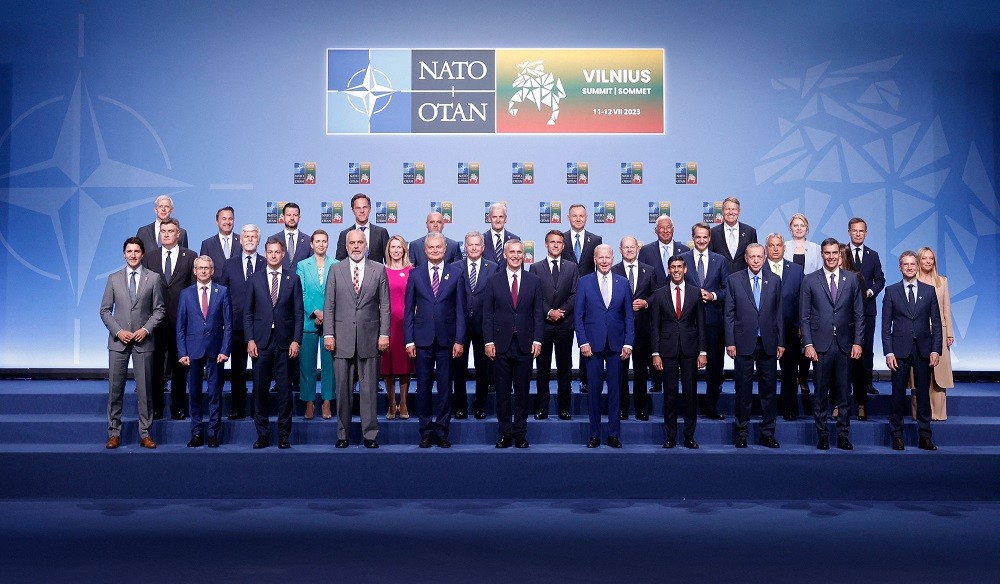 |
| Leaders of member states at the NATO Summit in Vilnus, Lithuania on July 11. (Source: Getty Images) |
The World & Vietnam Newspaper highlights some of the day's international news highlights.
* Russia pessimistic about peace negotiations with Ukraine: On July 11, Interfax (Russia) quoted Russian Senate Speaker Valentina Matviyenko during her visit to China saying that the country sees no basis for conducting peace negotiations with Ukraine.
Earlier, Kremlin spokesman Dmitry Peskov also stated that there is currently no basis for peace negotiations with Kiev. According to him, the main reason for the stalled negotiation process is Ukraine's unwillingness. (Reuters)
* Ukrainian General: Russian troops are 'trapped' in Bakhmut: On July 10, writing on Telegram , General Oleksander Syrskyi, commander of the Ukrainian infantry forces, affirmed: “Bakhmut. The enemy has fallen into the trap. The city is under our fire control zone. The enemy is being pushed out of position.”
Meanwhile, commenting on the situation in the south, another commander, General Oleksander Tarnavskyi, said the Armed Forces of Ukraine (VSU) were “continuing to move”, while Russia had lost “hundreds of people” in the past 24 hours.
Writing on Telegram , Ukrainian Deputy Defense Minister Hanna Maliar said that over the past week, Kiev has regained control of 10.2 square kilometers of territory in the south and 4 square kilometers in the east. Kiev has now regained control of 169 square kilometers in the southern region and 24 square kilometers around Bakhmut since the counteroffensive began.
For its part, the Russian Defense Ministry said that the Russian Armed Forces (VS RF) had repelled attacks in three areas of Donetsk, including Klishchiivka, the epicenter of recent clashes in Bakhmut. In addition, the VS RF had also thwarted VSU attacks in the south, including near the village of Rivnopil, an area Ukraine said it had regained control of two weeks ago. (Reuters)
* Czech President: Ukraine will have to negotiate with Russia : On July 11, speaking at an event on the sidelines of the North Atlantic Treaty Organization (NATO) summit in Lithuania, Czech President Petr Pavel commented: “Ukraine is gradually regaining territory. Perhaps they are still looking for weak points in Russia's defense. They have not yet deployed significant forces that are ready.”
However, he said, Russia had time to prepare its defenses and had air superiority. The Czech president stressed that Ukraine had more momentum and was better equipped with technology, but did not have enough ammunition and air power “to be really effective.”
“They are running out of time to move forward, not only because of the upcoming winter, which will be more difficult, but also because of the elections in the United States, Russia and Ukraine… We will see a further reduction in the willingness to provide additional large-scale arms support to Ukraine. All these conditions will probably lead to the conclusion that what is achieved by the end of the year will be the starting point for negotiations,” he said.
According to Mr. Pavel, in addition to ammunition and military equipment, Ukraine also needs “encouragement and reassurance.” He said that NATO could boost Ukraine’s morale by promising to start the accession process immediately after the end of the conflict. However, the leader did not predict the outcome of the NATO summit. (TTXVN)
* Cambodia, North Korea protest against the US sending cluster bombs to Ukraine: On July 11, writing on Twitter , Cambodian Prime Minister Hun Sen stated: "I continue to call on NATO member countries and US allies such as the UK, Spain, Germany, and Canada, which are signatories to the Convention on the Ban of Cluster Munitions, to take responsibility and participate in preventing US President Joe Biden and Ukrainian President (Volodymyr Zelensky) from using this dangerous weapon."
Prime Minister Hun Sen recently called on the US and Ukraine not to use cluster bombs in their conflict with Russia because the real victims are civilians. The leader said that if used, cluster bombs would pose a terrible danger to civilians, especially children, for decades, even hundreds of years.
On the same day, in a press release published by KCNA (North Korea), North Korean Foreign Minister Choe Son Hui emphasized: "I, on behalf of the DPRK government, strongly condemn the US decision to supply weapons of mass destruction to Ukraine as a dangerous criminal act aimed at bringing new calamity to the world, and strongly demand that the US immediately withdraw this decision." She warned that the US would face "extremely disastrous consequences if it eventually allows the transfer of weapons of mass destruction for use in Ukraine, which even US allies are reluctant to do." (AKP/Yonhap)
| RELATED NEWS | |
| NATO reaches agreement on defense plan, Moscow says Washington is 'putting' alliance at greatest disadvantage | |
* Russia affirms “highest level” relations with China : On July 11, speaking at a meeting of the Inter-Parliamentary Commission on Cooperation between the Legislatures of the two countries in Beijing, China, Deputy Chairman of the Russian Senate Konstantin Kosachev emphasized: “Today, Russia-China relations are at an all-time high in terms of comprehensive partnership and strategic cooperation. Bilateral relations have entered a new stage and have become an important factor in the development of the two countries, ensuring security, strengthening international positions and being a reliable guarantee for maintaining peace and stability in the world.”
A delegation of the Russian parliament is currently visiting China at the invitation of Zhao Leji, Chairman of the Standing Committee of the National People's Congress. (TASS)
| RELATED NEWS | |
| Despite conflicts and sanctions, Chinese businessmen still see 'golden opportunity' from Russian market | |
Southeast Asia
* Thai Prime Minister will retire from politics : On July 11, the United Thai National Party (UTN) quoted Prime Minister Prayut Chan-ocha as saying: "From today, I want to retire from politics and give up my membership in the UTN party."
General Prayut has been in power in Thailand since 2014 after a campaign to overthrow Prime Minister Yingluck Shinawatra. In the 2019 election, he was re-elected as prime minister and has continued to lead the government to this day.
Prayut will be the caretaker prime minister until Thailand has a new government after the general election on May 14. The session to elect a new prime minister of the country's House of Representatives and Senate will take place on July 13. (Reuters)
| RELATED NEWS | |
| Cambodia and Thailand Elections: One Side Has It, the Other Has It Not | |
South Asia
* Helicopter crash in Nepal kills all 6 passengers: On July 11, a helicopter crash near Mount Everest in Nepal killed all 6 people, including 5 Mexican passengers and the captain. The Kathmandu Post reported that Chet Bahadur Gurung, the captain of the flight, had worked for Manang Air for a decade and had been flying since 1998.
Specifically, the private commercial helicopter with registration number 9N-AMV operated by Manang Air Company, took off from Surke town in Solukhunvhu district, home to Mount Everest and other peaks, and lost contact 15 minutes after takeoff. According to reports, the helicopter was returning to the capital Kathmandu when it had to change its flight path due to unfavorable weather conditions.
The helicopter had earlier been reported to have disappeared from radar screens at around 10:00 a.m. in the Lamjura Pass area. Later, local residents discovered the wreckage in a village in Lamjura in Solukhunvhu district. The 9N-AMV helicopter was carrying tourists who wanted to see the country's towering peaks, including Mount Everest, the world's highest mountain. (VNA)
| RELATED NEWS | |
| Nepal reshuffles cabinet, no foreign minister yet | |
Northeast Asia
* Japanese PM considering reshuffling Cabinet in September : Japanese Prime Minister Fumio Kishida is considering reshuffling his Cabinet and the ruling Liberal Democratic Party (LDP) leadership in mid-September, sources in Tokyo said on July 11. He is expected to make a final decision on the timing of the personnel change, taking into account his diplomatic schedule over the next two months. (Kyodo)
* South Korea, NATO establish new cooperative partnership in many fields : On July 11, on the sidelines of the NATO summit in Vilnius (Lithuania), South Korean President Yoon Suk Yeol met with NATO Secretary General Jens Stoltenberg. Here, the two sides approved the Individualized Partnership Program (ITPP), upgrading bilateral relations from the Individualized Partnership Program (IPCP) established in 2012. The IPCP outlines cooperation in 7 areas, including political-military connectivity, cyber defense, nuclear non-proliferation and counter-terrorism. Meanwhile, the ITPP increases the number of cooperation areas to 11, including dialogue and consultation to promote mutual understanding of common security threats.
“Given the inseparability of security in the Atlantic and security in the Indo-Pacific, it is more important than ever to have close cooperation between Indo-Pacific countries, such as South Korea, Japan, Australia and New Zealand, and NATO,” the South Korean president said.
For his part, Mr. Stoltenberg affirmed: “We appreciate the cooperation with you, because security is not just regional but global. What happens in the Indo-Pacific matters to Europe and what happens in Europe also matters to the Indo-Pacific.”
During the meeting, the South Korean leader also explained the country's plan to establish an international cyber exercise center by 2027. At the same time, he also hoped to strengthen cooperation between the new center and NATO's Cooperative Cyber Defense Center of Excellence (CCDCOE). (Yonhap)
| RELATED NEWS | |
| Korean and Japanese leaders discuss radioactive wastewater on the sidelines of the NATO Summit? | |
Central Asia
* Taliban bans Swedish activists in Afghanistan : "After the desecration of the Quran and the permission to insult the Islamic faith... the Muslim Emirate of Afghanistan orders the suspension of all Swedish activities in Afghanistan," Taliban spokesman Zabiullah Mujahid said on July 11. The Swedish government has not opened an embassy in Afghanistan since the Taliban took power in 2021. (Reuters)
| RELATED NEWS | |
| US officials reveal the truth about the withdrawal from Afghanistan, many worrying things | |
Europe
* Russia speaks out about NATO summit : On July 11, Kremlin spokesman Dmitry Peskov announced that Russia is "closely following" the developments of the NATO summit and will provide "in-depth analysis" of the statements of Western leaders, thereby taking measures to protect Russia's own security.
At a regular press conference, he also criticized France's decision to supply long-range missiles to Ukraine, calling it a mistake that would have consequences for Ukraine itself. According to the official, Russia will need to establish the exact range of the missiles.
Regarding Sweden's NATO accession process, the Kremlin representative said that this would have a negative impact on Russia's security. Therefore, Moscow will respond with similar measures as when Helsinki joined this military alliance.
Referring to Turkey's decision to abandon its opposition to Sweden joining NATO, Peskov said Ankara was only fulfilling its obligations as a member of the alliance. Russia and Turkey have differences but still share some common interests and Moscow still intends to strengthen relations with Ankara. (Reuters)
* NATO pledges to send “a clear message” about Ukraine’s membership: On July 11, in his opening speech at the Summit in Vilnius (Lithuania), NATO Secretary General Jens Stoltenberg affirmed that leaders of the alliance’s member states will send “a clear, united and positive message about the path forward towards membership” for Ukraine in the future.
Referring to Russia's announcement of deploying nuclear weapons in Belarus, Mr. Stoltenberg affirmed: "Russia's nuclear rhetoric is reckless and dangerous. NATO allies are closely monitoring what Russia is doing, but so far we have not seen any change in Russia's nuclear deployment. However, we must remain vigilant." (AFP/Reuters)
* Ukrainian President comments on NATO membership timeline : On July 11, writing on Telegram , Ukrainian President Volodymyr Zelensky commented: “It is absurd and unprecedented that no timeline has been set, neither an invitation (to join NATO) nor Ukraine’s membership. Meanwhile, vague language about ‘conditions’ was added even when inviting Ukraine.”
He said that the continued uncertainty over NATO membership would create “an incentive” for Russia to continue its military activities. Confirming that he would attend the NATO summit, the Ukrainian president said: “Uncertainty is a weakness. I will discuss this openly at the summit.” (Reuters)
* Turkey wants EU to boost integration: A senior Turkish official said on July 11 that Ankara hopes a working group on European Union (EU) reforms will be revived after Ankara accepted Stockholm's NATO membership. The country expects concrete progress from the EU on visa-free travel, as well as "closing" some chapters on EU accession. He also said the West should support Turkey with its financial needs.
The official also said Turkey would develop a “reasonable” relationship with the United States and expected to reach a quick consensus on some issues. However, not all issues could be resolved. (Reuters)
| RELATED NEWS | |
| Türkiye 'green lights' Sweden into NATO | |
Middle East-Africa
* Russia : Weapons from Ukraine appear across Africa : On July 11, in an interview with TASS (Russia), the country's Ambassador to Libya Aydar Aganin said: "The proliferation of weapons originating from Ukraine has certainly become a hot topic today. These weapons appear in several places in the world and, of course, have the potential to fall into the hands of various extremist and terrorist groups. If necessary, any country can become a transit corridor when state control over the local situation is insufficient. Such a risk cannot be ruled out. During the period of... anarchy and chaos in Libya, I think there were some transits."
The diplomat also said that Libya's security forces and competent authorities "are becoming noticeably stronger and showing considerable determination to prevent cross-border criminal activities." (TASS)
Source


![[Photo] Prime Minister Pham Minh Chinh meets with King Philippe of Belgium](https://vstatic.vietnam.vn/vietnam/resource/IMAGE/2025/4/1/be2f9ad3b17843b9b8f8dee6f2d227e7)


![[Photo] General Secretary To Lam receives King Philippe of Belgium](https://vstatic.vietnam.vn/vietnam/resource/IMAGE/2025/4/1/e5963137a0c9428dabb93bdb34b86d7c)
![[Photo] Close-up of Vietnam's sniffer dog team searching for earthquake victims in Myanmar](https://vstatic.vietnam.vn/vietnam/resource/IMAGE/2025/4/1/d4949a0510ba40af93a15359b5450df2)
![[Photo] President Luong Cuong and King Philippe of Belgium visit Thang Long Imperial Citadel](https://vstatic.vietnam.vn/vietnam/resource/IMAGE/2025/4/1/cb080a6652f84a1291edc3d2ee50f631)
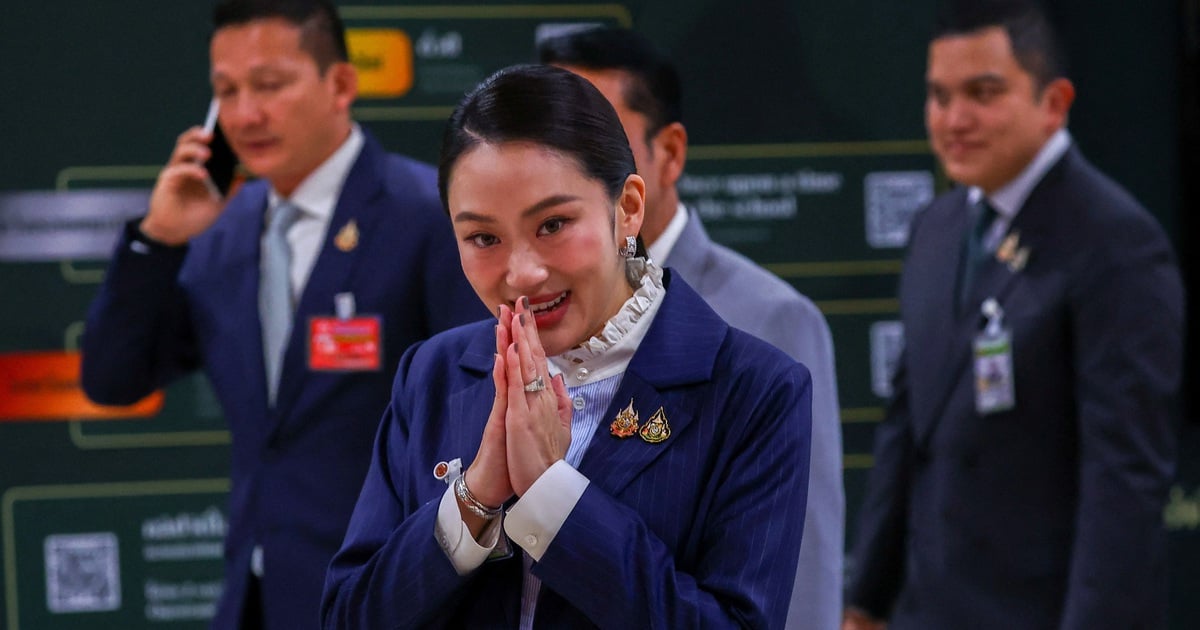

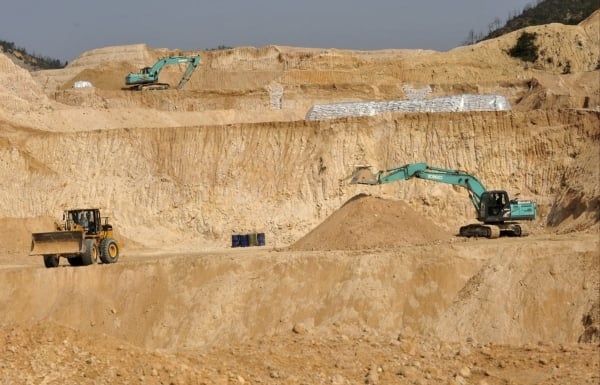


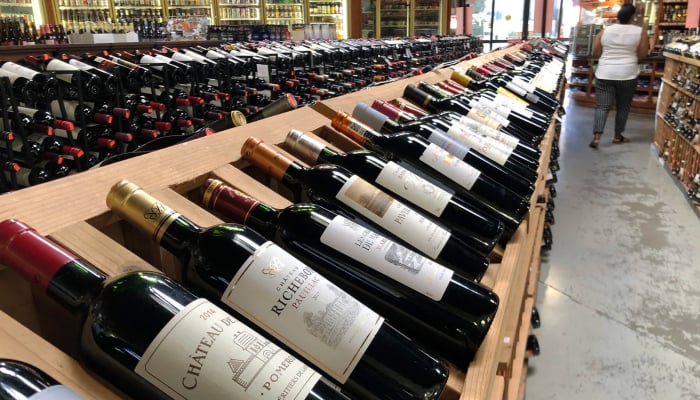

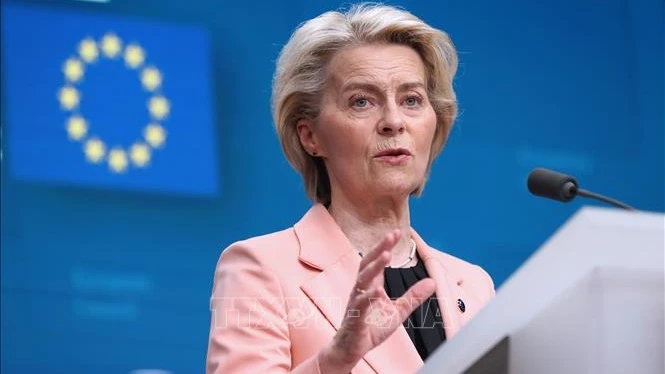

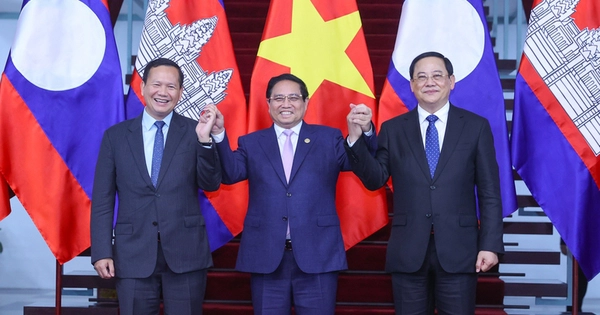

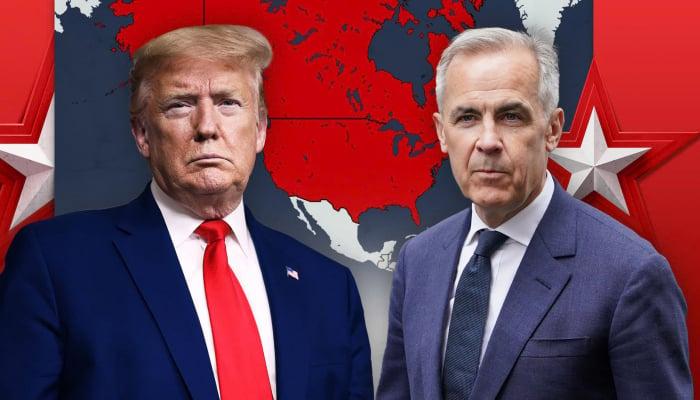
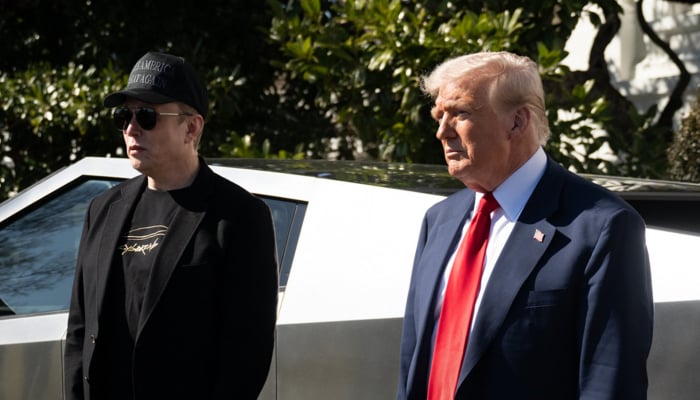

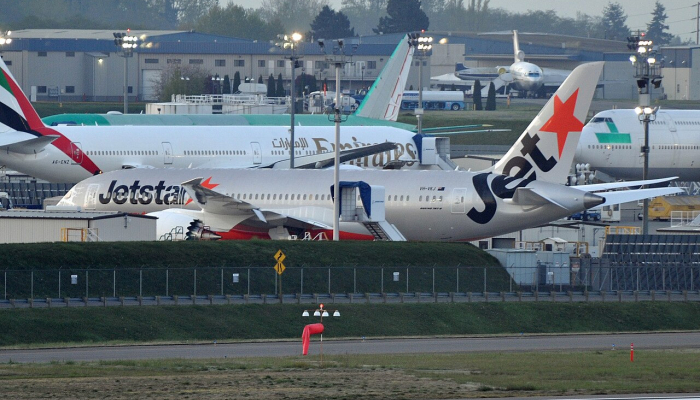
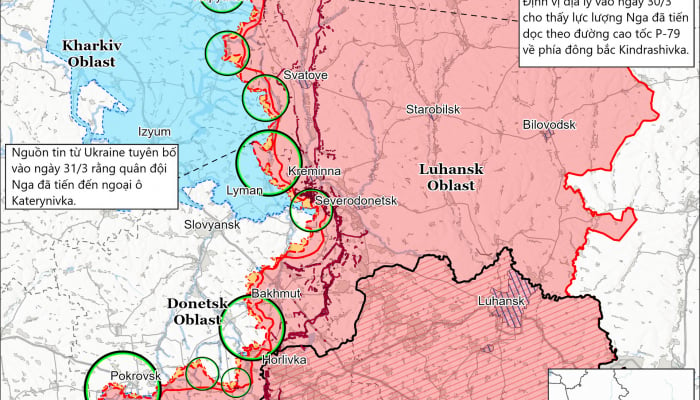
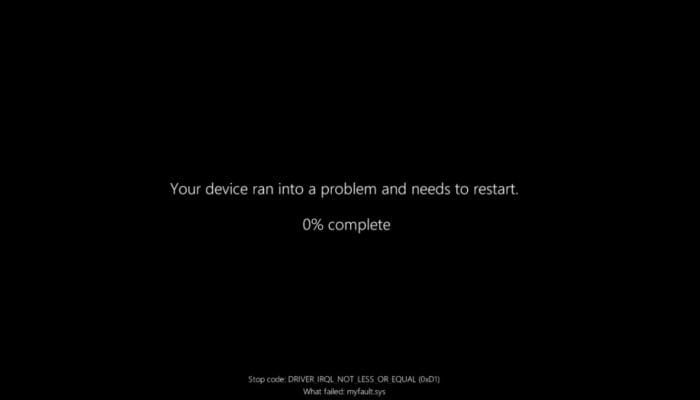




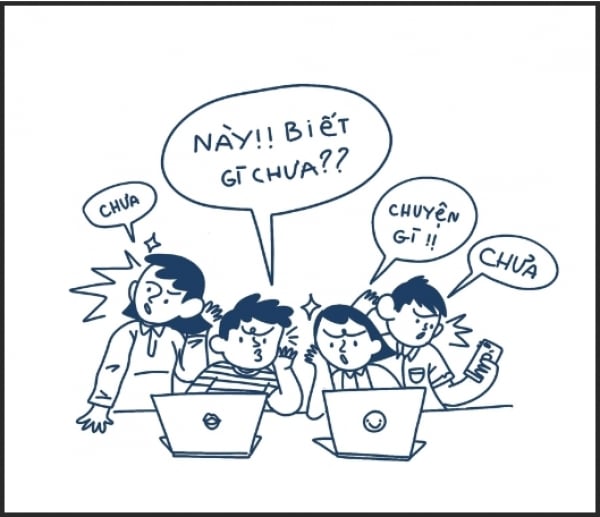
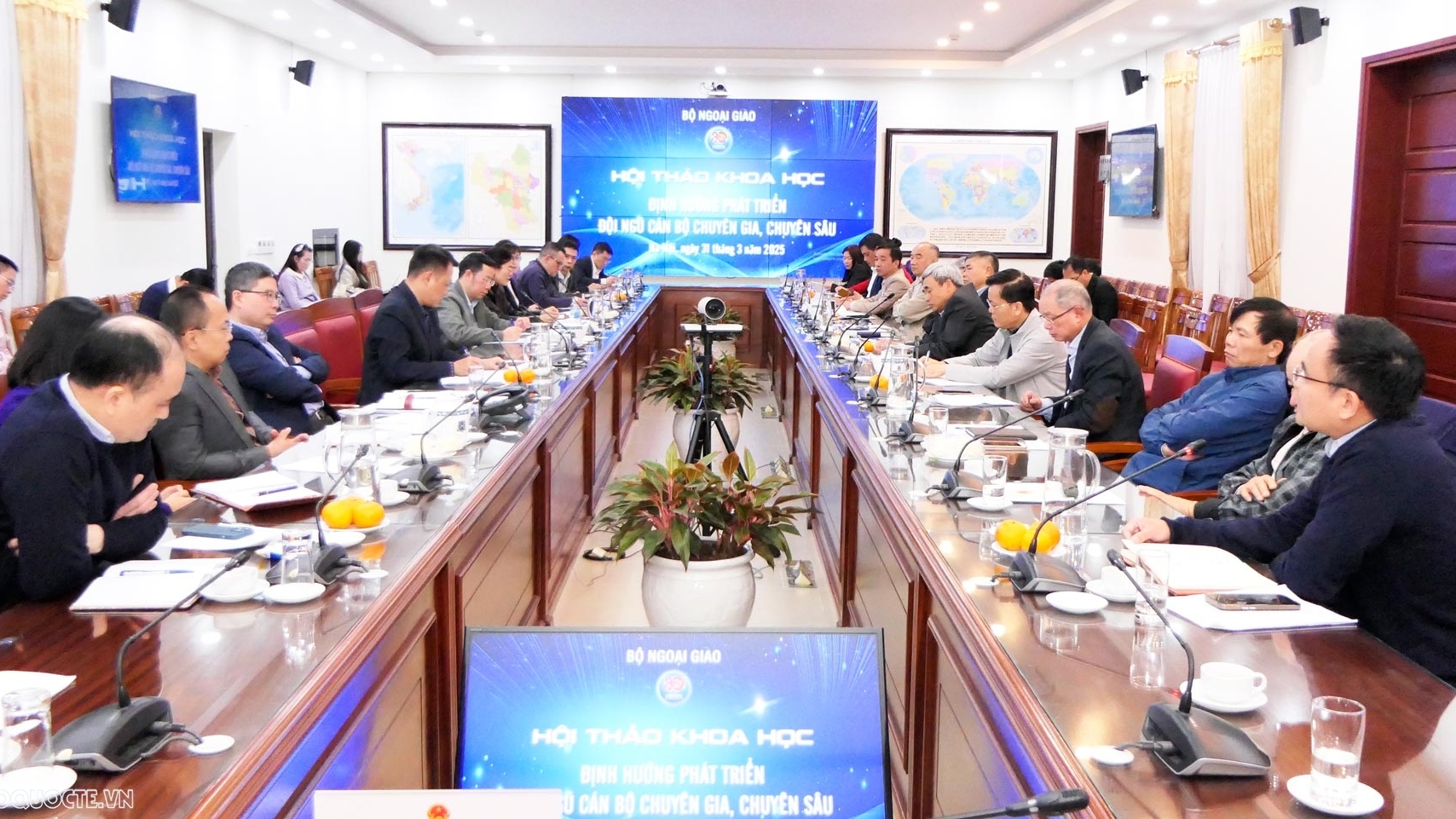
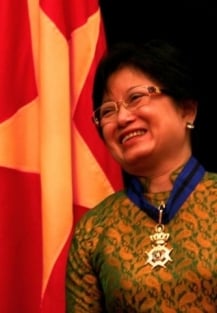
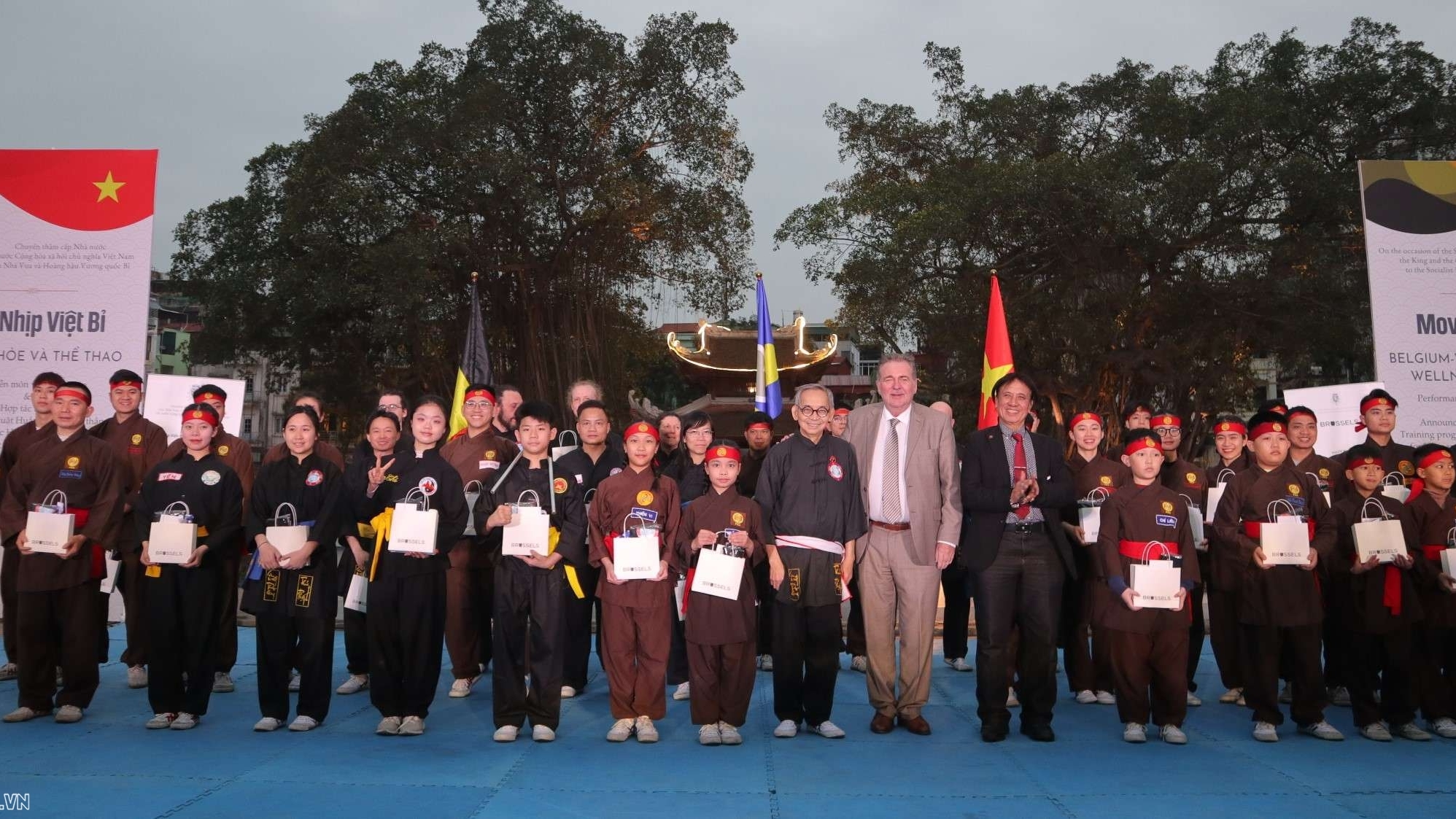

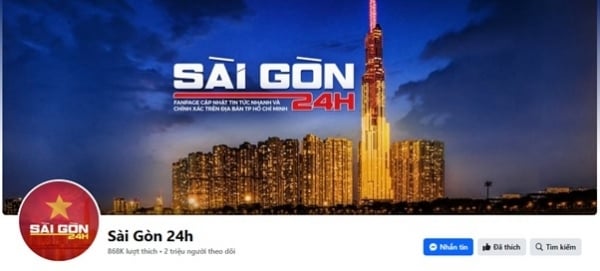
![[Photo] Myanmar's capital in disarray after the great earthquake](https://vstatic.vietnam.vn/vietnam/resource/IMAGE/2025/4/1/7719e43b61ba40f3ac17f5c3c1f03720)






































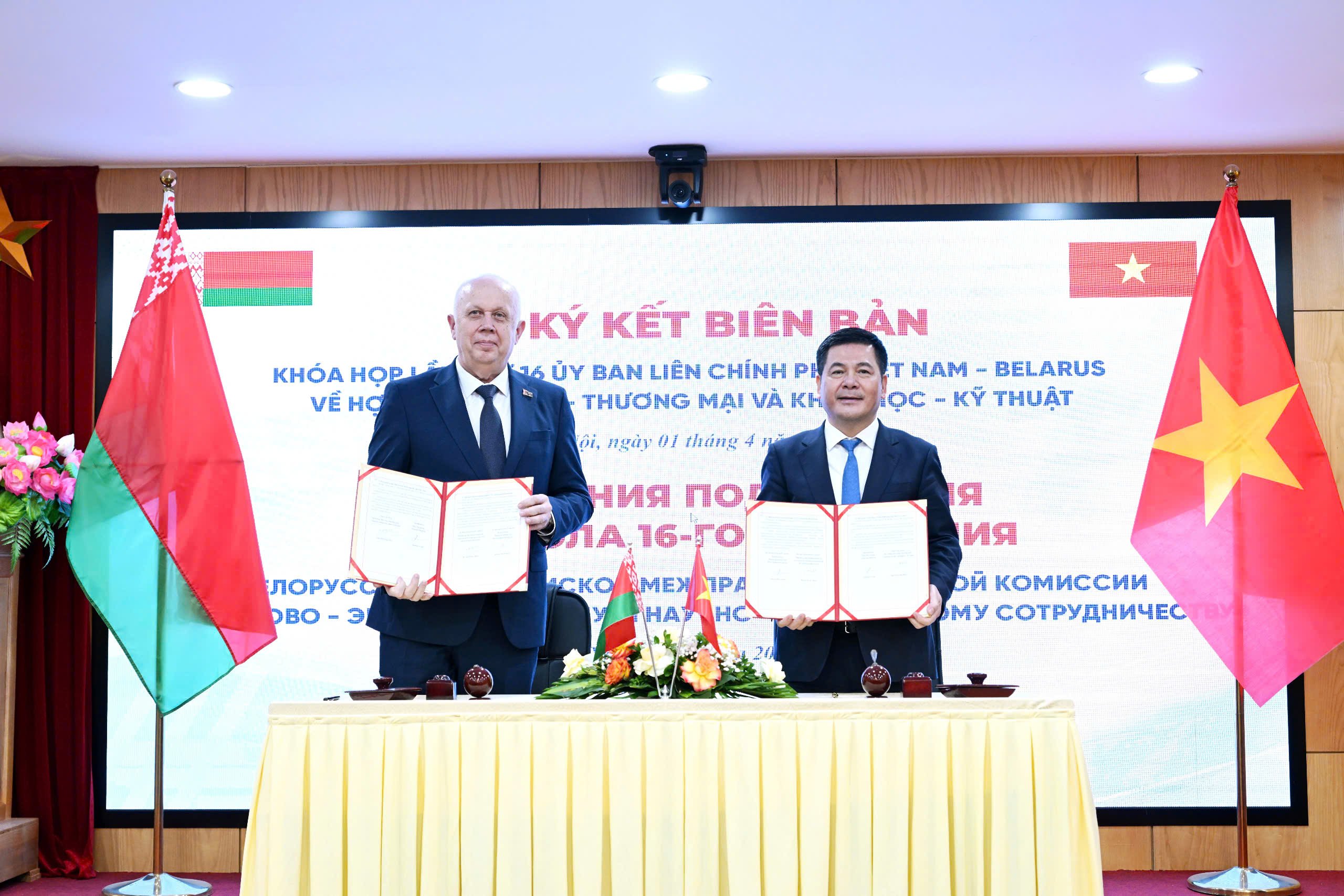
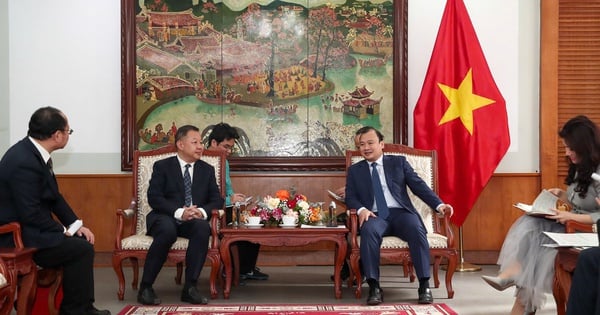


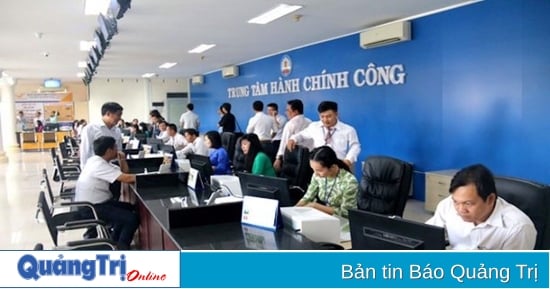

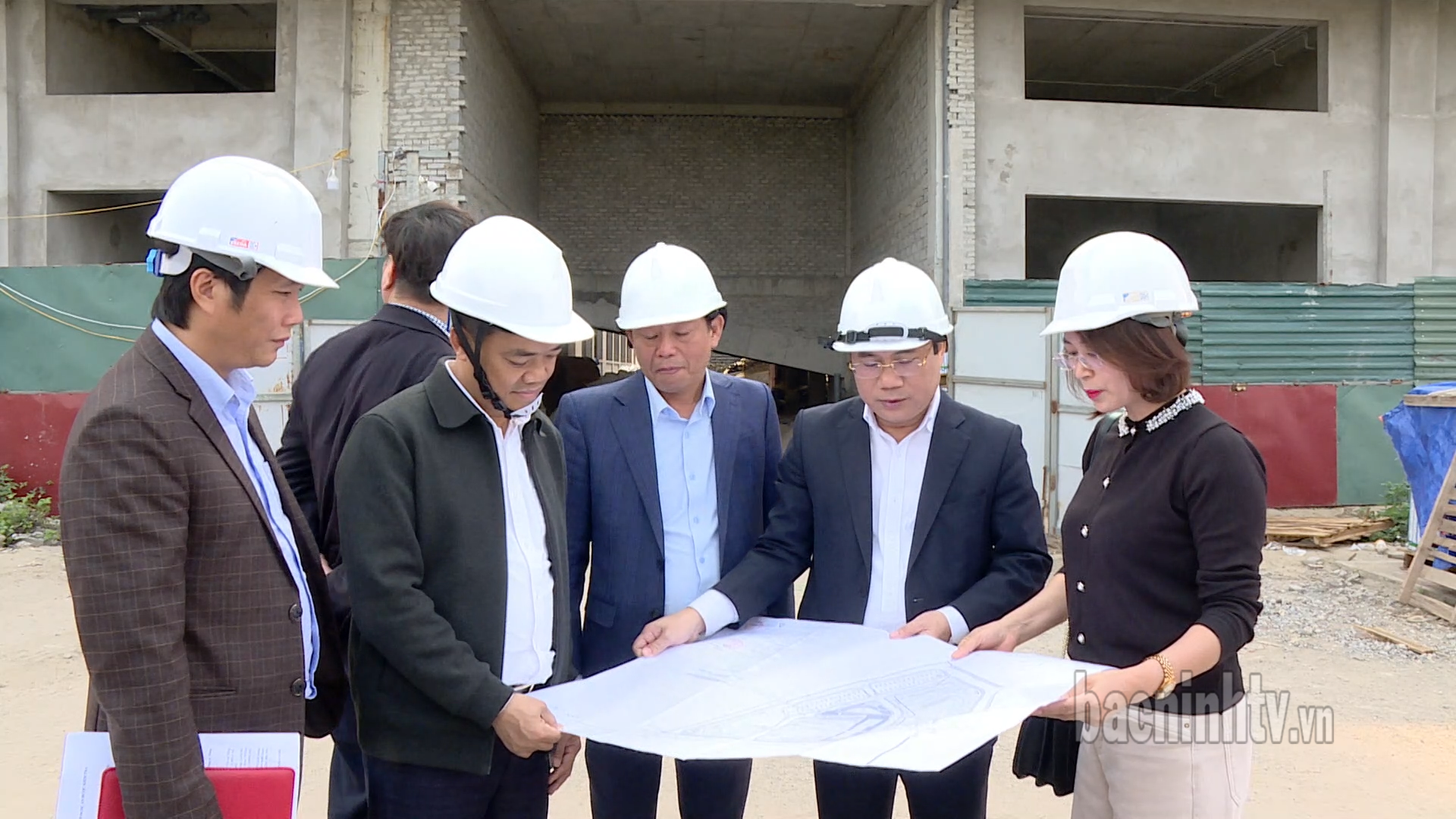
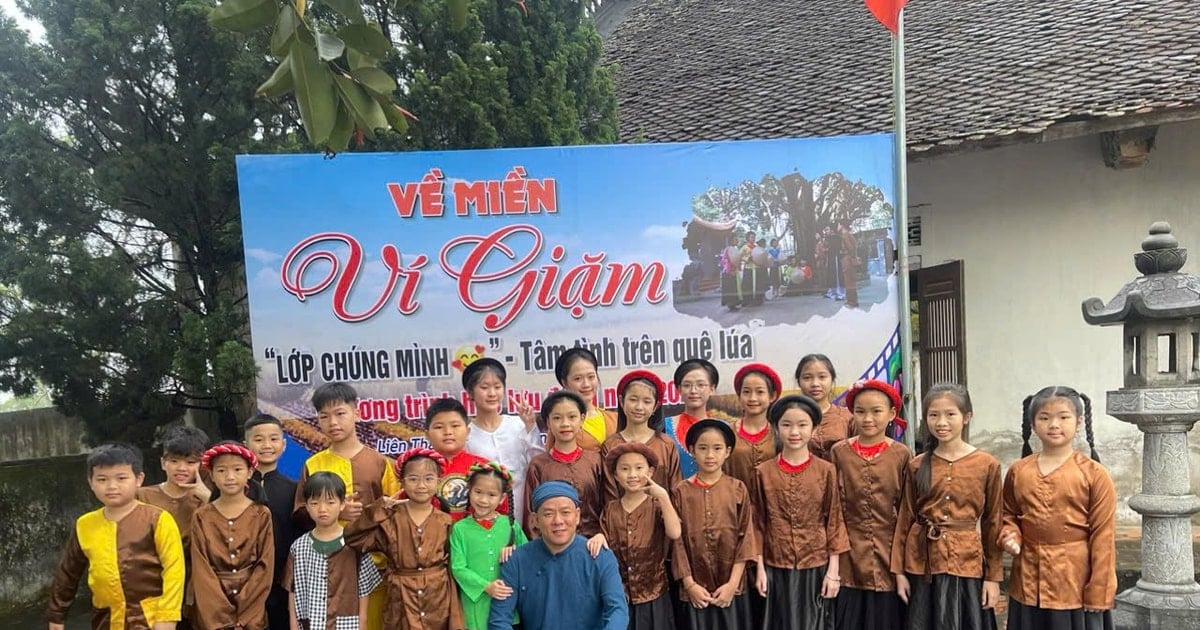

![[6pm News] Of the 40 newly discovered gold mines, 4 are in Thanh Hoa](https://vstatic.vietnam.vn/vietnam/resource/IMAGE/2025/4/1/08644991aa1b4030a549159f2f87c0d6)

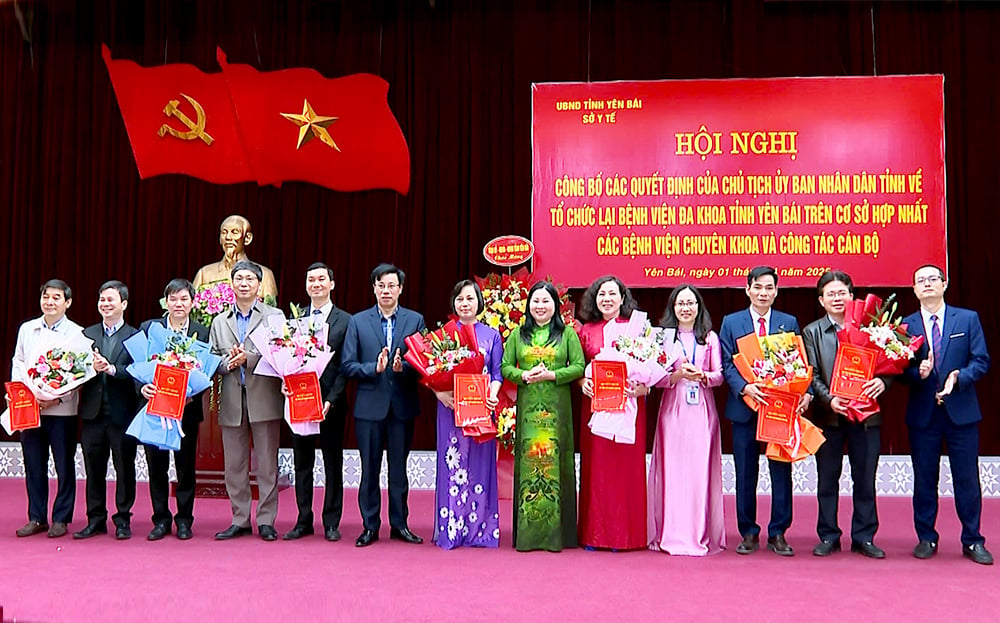









Comment (0)